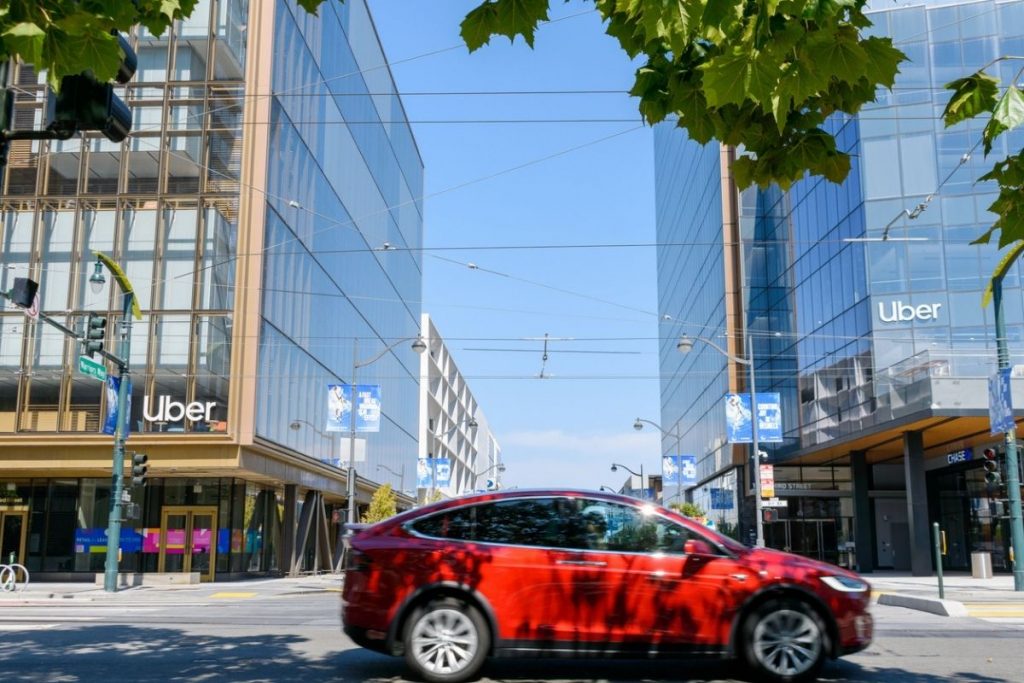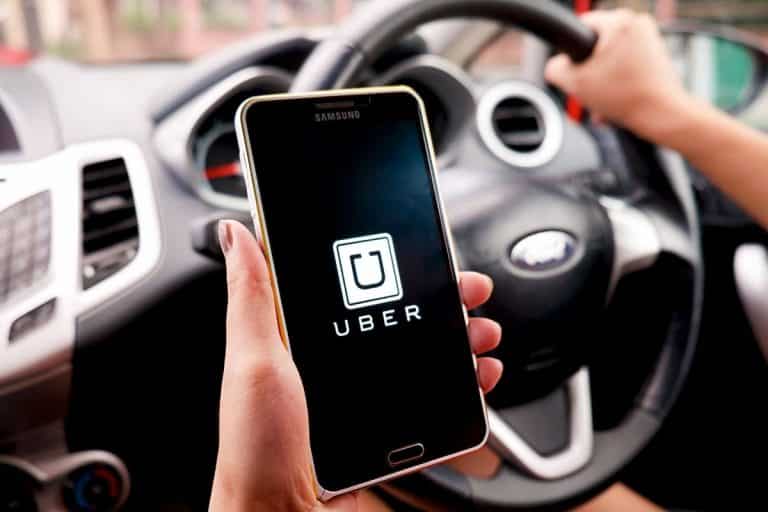Uber has been burning investors’ money for more than a decade in order to dominate the market. According to experts, once Uber eliminates car rental companies, cab cartels and ride-hail competitors, it would have to stop charging drivers less than it charges riders, and prices would have to rise.
But, as Uber CEO Dara Khosrowshahi told employees in a memo a few days ago, those days are over. “The average employee at Uber is barely over 30, which means you’ve spent your career in a long and unprecedented bull run,” he wrote. “This next period will be different, and it will require a different approach. … We have to make sure our unit economics work before we go big.”
That’s a strange line coming from a guy whose company’s market cap is five times the size of American Airlines, as Ali Griswold points out in her newsletter about the sharing economy.
Uber “is” big. “Uber has always said it would reach profitability at scale, thanks to network effects, etc.,” Griswold writes, “but what is scale if not a company that operates in 72 countries and more than 10,500 cities, which last year had 118 million active users every month and completed 6.3 billion rides/trips/deliveries? Uber is the definition of scale, yet it is still nowhere near consistent and reliable profitability.”

What does all this mean for everyday citizens?
All this means that ordering an Uber will cost you a lot more than it did in past years.
When Uber launched in 2011, it quickly became a popular app for millions of Americans.
Everyone seemed to want to use Uber, whether on the way to work, on a business trip, or just to get home late at night – and rightfully so.
It was a brilliant concept that gained traction not only because it was convenient, but also because it was cheap.
According to Rakuten data, average Uber prices increased by 92 percent between 2018 and 2021, while another study found a 45 percent increase between 2019 and 2022. Both Uber and Lyft have implemented a surcharge for riders in order to compensate drivers for rising gas prices. And that was before the memo last week.

